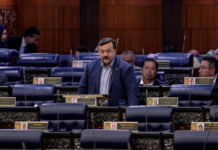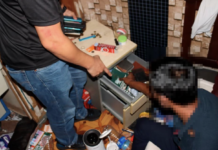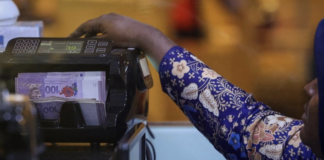REMBAU, June 26 — Shyness and being uninitiated are among the factors for many individuals not to undergo health screening to detect breast and prostate cancer, says Health Minister Khairy Jamaluddin.
He said that based on the observations by the Ministry of Health (MOH), there was a tendency for the public to go to the clinic only when they fell sick and this attitude needed to change.
“When explained that certain parts of the body needed to be touched for health screening, they disallowed it, especially the elderly while we know that breast and prostate cancer cases in are among the highest in Malaysia.
“Therefore, we must emphasise on and think of how to convince the people to undergo screening by overcoming the sensitivities, besides increasing public awareness of the importance of health screening,” he said after attending the Skim Peduli Kesihatan programme for the B40 group (PeKa B40), here, today.
Khairy said that almost six million people qualified to receive the benefit under this programme but out of this number, only 620,000 individuals were screened since 2019.
In Negeri Sembilan, he said 245,601 individuals were eligible to receive the free health screening under the programme since it was launched in April 2019 until last June 20, but only 35,893 (14.6 per cent) undergo the screening.
“The main reason for us to hold this programme today is to meet the ProtectHealth target of screening 8,094 people in the state this year. I also ask that this outreach programme be stepped up for easier access, without the need to go to a hospital or clinic,” he added.
Khairy, hence, called on those eligible to benefit from the programme to go to the nearest clinic that is registered with ProtectHealth for the free health screening.
He said the MOH would also be launching the National Health Screening initiative next month in Ipoh, Perak with a target of 1.5 million individuals who had never undergone health screening.
He hoped that this initiative could change the people’s attitude to make health screening a routine and to be done frequently and not after their disease had been detected.
















